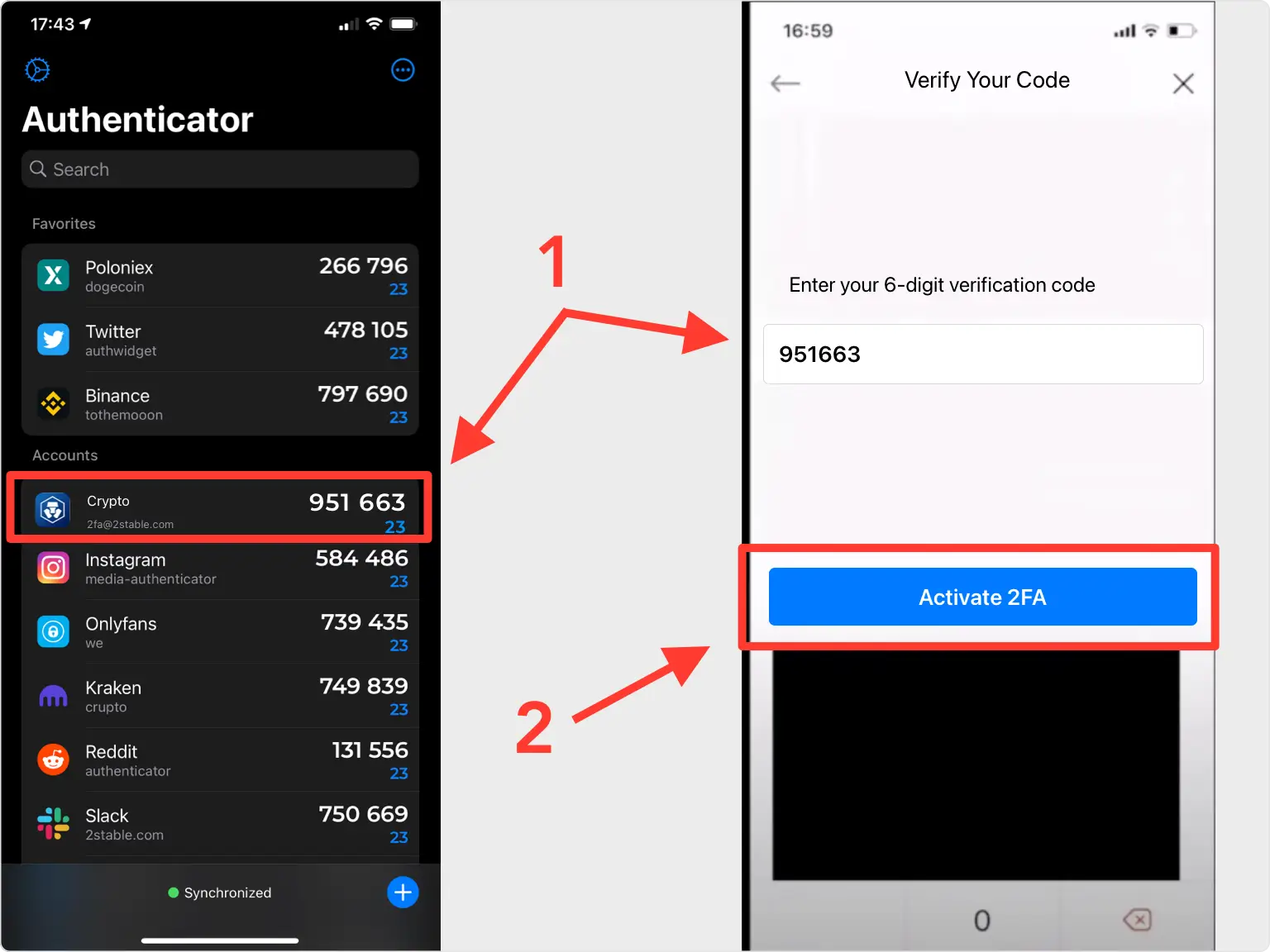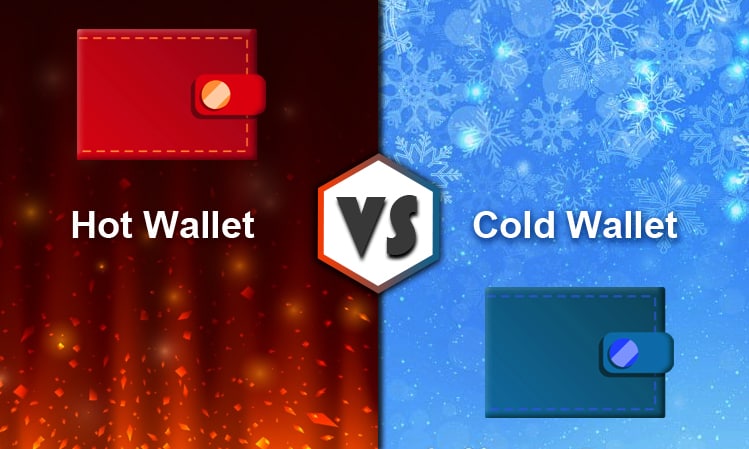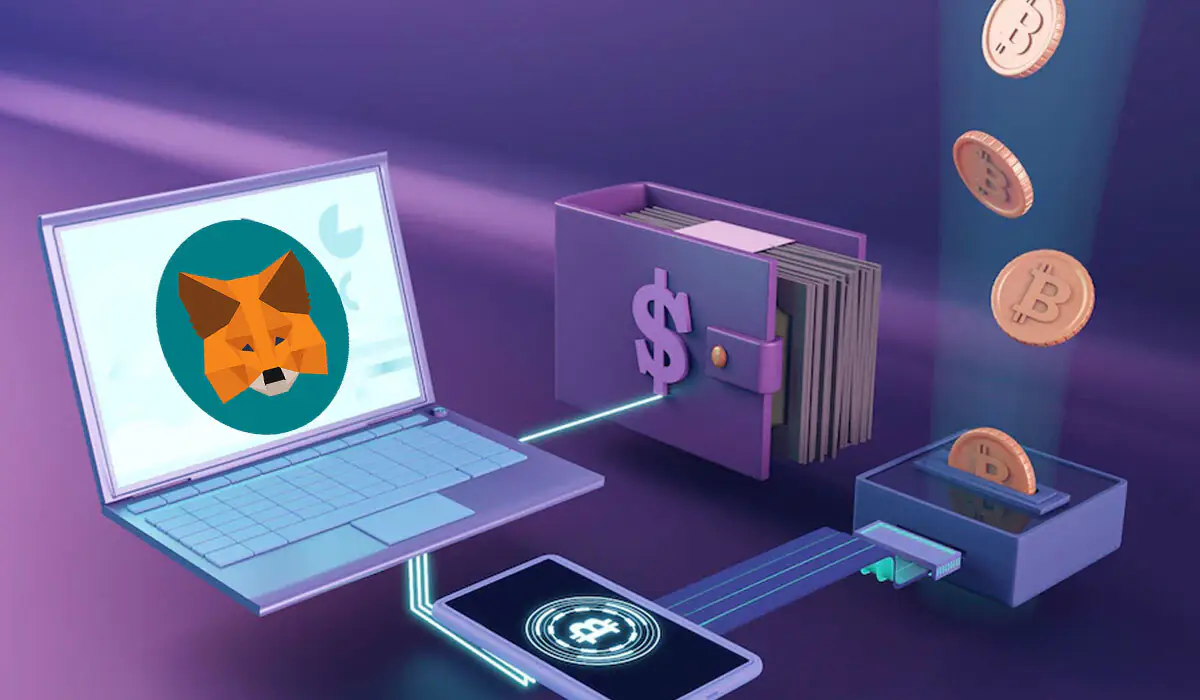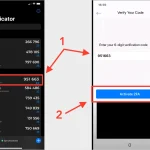Important features to consider when choosing a crypto wallet can make or break your digital currency experience. Security isn’t just a buzzword; it’s the armor protecting your digital gold. Whether you’re a crypto newbie or a seasoned trader, the wallet you pick needs to shield your coins like a fortress.
But, there’s more to wallets than just robust defenses. Choosing one that aligns with your daily needs is key. Hot or cold? Desktop or mobile? These aren’t just choices but decisions that shape your crypto journey. Plus, let’s not forget about the aftermath of mishaps—because, let’s face it, digital life is unpredictable.
Having strong backup and recovery options is like knowing there’s a safety net, ready to catch you. And wouldn’t you want to manage and trade your assets with the ease of a pro? The right wallet doesn’t just guard; it empowers you with a user-friendly interface and supports a whole range of cryptocurrencies. Buckle up, as we dive deep into what you really need in a wallet, making sure convenience and safety go hand-in-hand.
Understanding Important Features to consider when choosing a crypto wallet
Crypto Wallet Security Features
When picking a wallet, security is top priority. Ask yourself, “How safe is my money?” Here’s what to check for.
First up, crypto wallet security features. Strong wallets protect your cash. They need a tough guard against hackers. Think of your crypto wallet like a safe where your digital coins sleep soundly.
Two-factor authentication, or 2FA, adds a second check before you can enter. It’s like needing a second secret knock to get into a clubhouse. 2FA asks for something you have, like your phone, and something you know, like a password.
A safety tip? Always pick a wallet that offers 2FA. It’s that extra step to keep your coins locked tight.
Good wallets also have backup and recovery options. Mistakes happen, phones break, and it’s a digital world. Choose a wallet that offers backup. Like a superhero, it saves the day by keeping a copy of your crypto keys safe.
Now, let’s talk encryption. It scrambles data so only you with the right password can read it. Top-notch wallets protect your data with encryption, making it hard for thieves to peek.
Software wallet or hardware wallet? Here’s the deal — if your wallet lives online, we call that “software.” If it’s a physical thing you can touch, it’s called “hardware.” And, just between us, hardware wallets have the edge. They hold your coins offline, away from internet bad guys.
Yet, having a wallet easy to use is just as crucial. User-friendly interface for wallet software, means no headaches. Your grandma should be able to use it!
Multi-Signature Support for Digital Wallets
Do you lock all doors at night? Multi-signature support is kinda like that. It asks for more than one key to open your wallet. In simple words, it’s teamwork for security.
Multi-signature makes sure that not just one person can go on a spending spree. Everyone with a key must agree first. It’s a smart way if you’re handling lots of coins or sharing access. Some say it’s a trust circle for your wallet.
When looking for a wallet, chase after one with multi-signature support. It’s like having a group of friends who all need to nod before the door opens. Safe and sound!
So when choosing your crypto buddy, remember these features. Secure your digital treasure with a wallet that has tough security, backs up your stuff, and agrees with your friends. After all, your peace of mind is priceless. Choose a wallet as secure as your hopes for the future!
Remember this, friends. A crypto wallet isn’t just a wallet. It’s a vault for your virtual valuables. Make security a must, not an option. Keep your digital dollars safe and enjoy the crypto ride with confidence.
Determining the Right Wallet Type for Your Needs
Hot Wallet vs Cold Storage
So, hot wallets or cold storage? What’s best for you? Let’s jump right in.
Hot wallets connect to the internet. You get easy access to your coins. You can trade or pay fast. But, beware! Being online means hackers may attack.
What about cold storage? Think of it as a safe. It’s not hooked up to the web. So your private keys, the ones that unlock your crypto, are safe. Yet, it’s not so easy to trade or spend quickly.
Let’s dig deeper. With a hot wallet, you’re always online, whether on a computer or phone. This makes it super handy. Need to pay someone in Bitcoin? Easy. Just open your app, make a few clicks, and done. The trade-off is security. It’s like leaving your car unlocked. Someone might slip in and take it.
On the flip side, cold storage is like a vault. It might be a device, a piece of paper, or even a sturdy piece of metal with your key on it. It only connects to the blockchain when you say so. Sure, it’s a bit more work. But your crypto is much safer.
Now, what do you mostly do? Are you constantly trading? Or are you saving for the long haul? Your answer will point you towards a hot wallet or cold storage.
Desktop vs Mobile Crypto Wallets
Next up, choosing between desktop and mobile wallets. Both are types of hot wallets. But they fit different lifestyles.
Are you mostly at your desk? A desktop wallet might be for you. It’s like having a personal vault on your computer. It gets you great features. You’ll have more space for extra security layers. Think of it as your crypto HQ.
But what if you’re always on the move? A mobile wallet is like having a crypto wallet in your pocket. It goes where you go. You can pay for coffee with Bitcoin or check your balance in line at the store. Just know, phones can get lost or stolen. Remember that as you choose.
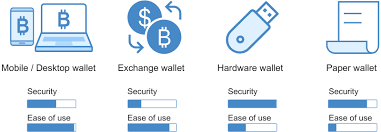
What should you look deeper into? Find out if the wallet allows for backup and recovery. That’s huge if anything goes wrong. Also, see if it can do two-factor authentication. It’s like having a double lock on your front door.
There’s also something called user-friendly interface. It means the app is easy to use. If you’re not a tech wizard, this is big.
What else? Look for wallets that let you manage private keys. It means you are in control, not some company. And check if the wallet allows multi-signature support. It means needing more than one key to get in. It’s like needing two keys to open a bank safe.
In short, your lifestyle is the key. When you know how you’ll use your crypto, you can choose the best wallet. Be it cold storage security or hot wallet ease. Desktop’s strong features or mobile’s go-anywhere freedom. It’s all about what fits you best.
Managing Access and Recovering Your Assets
Private Key Management in Cryptocurrency Wallets
Your crypto is as safe as how you handle your private keys. Think of private keys as the secret codes that unlock your financial treasure chest. If someone gets them, they can take your crypto. Keep these keys secret and secure, always.
Storing your keys well means peace of mind. Use wallets that give you full control. A hardware wallet stores keys safely, away from online threats. It’s like a safe that you only open when you need to. On the other hand, a software wallet lets you access your crypto fast. It’s more like a wallet in your pocket.
For extra safety, add more locks to the safe. Multi-signature support does just that. It asks for more than one key to open your wallet. This means if one key gets lost or stolen, your assets are still secure.
Backup and Recovery Options for Wallets
“What if I lose my keys?” That’s a scary thought. But don’t worry; backup options can help you. Write down your recovery phrases on paper and keep them in a safe place. This paper can help you get back into your wallet if something goes wrong. Remember, keep these words as safe as your private keys.
Two-factor authentication (2FA) is another layer of protection. You’ll need not just your password but also a code sent to your phone. It’s like a double-check to make sure it’s really you trying to get in.
And talk about being friendly to users, having a wallet with a clear, easy-to-use design is a game-changer. It helps you do what you need to without any fuss. Simple is often better, especially when dealing with complex crypto tasks.
You also want to be on top of your wallet’s health. Regular updates help keep your wallet safe from new threats. Pick a wallet that makes updating easy and keeps you informed.
Remember the saying, “Don’t keep all your eggs in one basket”? It applies here too. Don’t store all your crypto in one type of wallet. Mix it up with both hot and cold storage options.
Lastly, always go for wallet providers known for their strong reputation. They have proven themselves in the market and are less likely to face security issues. A reputable provider means less worry for you.
So, manage your keys wisely, back everything up, and pick the right wallet. These steps will help keep your crypto safe today, and for the future. And remember, security isn’t just a feature; it’s the foundation of successful crypto management.
Enhancing Convenience Without Sacrificing Safety
User-Friendly Interface for Wallet Software
When picking a crypto wallet, ease of use is key. You want a wallet that’s simple to navigate. This means big, clear buttons and simple menus. Sadly, some wallets can confuse even seasoned pros. So, what should you look for? Clean design and clear options are signs of a good user interface. A user-friendly interface will make your crypto journey less stressful.
Why does this matter? If a wallet’s hard to use, you might mess up your transactions. That can mean lost funds or extra fees. You want to make sure that sending, receiving, and checking your balance are all straightforward. Most of all, if there’s trouble, you need solid customer support to help out. Some wallets even have chat support right in the app. Isn’t that handy?
Two-factor authentication (2FA) is another must-have for your wallet’s security. It’s like a second lock on your front door. When you log in or make a transaction, you’ll need a code from your phone. This keeps your coins safe even if someone guesses your password.
Support for Multiple Cryptocurrencies
Do you want to keep all your crypto in one place? Then you need a wallet that supports many cryptocurrencies. Most folks start with Bitcoin, but there’s so much more out there. Ethereum, Litecoin, and more can all sit in the right wallet. Choosing a wallet that holds several crypto types saves you hassle. You won’t have to juggle multiple wallets or remember lots of passwords.
Also, think about how the wallet deals with different blockchain tech. A great wallet will work well with many blockchain systems. This means it can handle different crypto transaction rules without a hitch. It’s like having a car that can drive on all types of roads smoothly.
Walk away from wallets that only support one or two cryptos. They can limit what you can do with your money. A diverse wallet lets you switch between cryptos fast. This is great when you need to react to the market.
A wallet with exchange integration makes trading easy too. But watch out! Online wallets with exchanges come with risks. They can be tasty targets for hackers. Always check how the wallet protects your money. Things like regular updates and clear audit trails are signs of a safe wallet.
A wallet that’s open-source can be more trusted. Why? Because experts can check the code to make sure it’s safe. Look for wallets with a good name and happy users.
To sum it up, make safety and ease your top goals when choosing a wallet. Look for one with a clean layout, 2FA, and support for many cryptos. And always pick one with good backup options and solid customer help. Happy wallet hunting!
We dove into crypto wallet security, eyeing every lock and key. We saw how critical the features and multi-signature support are for guarding your digital gold. Then, we matched wallets to needs – hot and cold, desktop to mobile – finding the best fit for you. Next, we tackled access – how to handle your private keys with care, and keep your assets safe with solid backup plans.
And we did it all aiming for that sweet spot: top-notch security that’s still a breeze to use, with a wallet that talks many crypto languages. Remember, in the world of virtual coins, being smart with your wallet choice is as good as gold. Choose wisely! Follow Crypto Market Pulse to update more knowledge about Crypto.
Q&A :
What are the key security features to look for in a crypto wallet?
When choosing a crypto wallet, security should be your top priority. Look for features such as two-factor authentication (2FA), multi-sig capabilities, which require multiple keys to authorize a transaction, and hardware wallet support for keeping keys offline. Ensure the wallet has a robust backup and recovery system, and prefer wallets that are non-custodial, meaning you have full control over your private keys.
How important is user-friendliness in a crypto wallet?
User-friendliness is crucial, especially for those new to cryptocurrency. A wallet with an intuitive interface makes it easier to manage funds and understand transactions. Look for a wallet with a straightforward setup process, clear transaction histories, easy-to-navigate menus, and readily available customer support. Wallets that balance ease of use with comprehensive security features provide a better experience and keep your assets safe.
Should I choose a hardware or software crypto wallet?
The choice between a hardware or software wallet depends on your needs. Hardware wallets, such as USB-like devices, offer enhanced security by storing private keys offline, making them less susceptible to online hacking attempts. They are best for holding large amounts or long-term storage. Software wallets, while more convenient for daily transactions and trades, require careful security practices. Evaluate your investment strategy and risk tolerance when deciding.
Can the reputation of a crypto wallet provider affect my choice?
Yes, the reputation of a crypto wallet provider is a significant factor. Providers with a proven track record, positive user reviews, and a history of transparent and responsive operations are generally more reliable. They are more likely to have undergone rigorous security audits and can provide peace of mind. Research the company’s background, how they handle security breaches, and their standing within the crypto community.
What compatibility features should I consider in a crypto wallet?
Ensure the crypto wallet you choose is compatible with the cryptocurrencies you want to use or trade. Additionally, look for wallets that offer cross-platform support if you use multiple devices. Compatibility with different blockchains and tokens, including ERC-20 tokens for Ethereum-based projects, is also essential. Lastly, wallets that can integrate with other exchanges and applications provide more versatility and ease of use.

